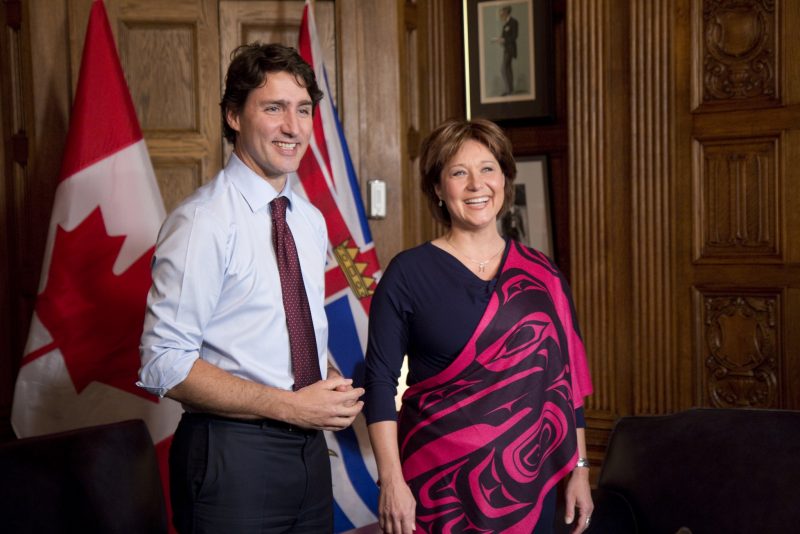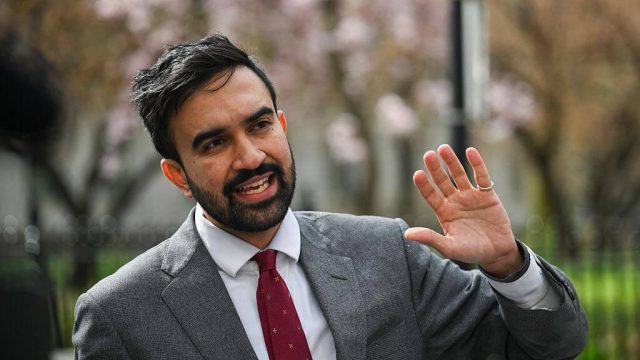Canadian province's pioneering carbon price

The Canadian province of British Colombia has been taxing carbon for almost a decade – so successfully that even businesses that once fought the policy now want it expanded
It seems an unlikely story: a right-of-centre state government, under a climate sceptic Prime Minister, passes an ambitious carbon tax in the face of fierce opposition. Yet almost a decade later, British Columbia (BC)’s pioneering carbon tax is still going strong, delivering carbon savings while enjoying broad support – including from the business community.
Pro-growth - and pro-people
Back in 2008, with environmental concerns polling strongly across Canada, the province announced that almost anything that used fossil fuels – cars, trucks, homes, factories, power stations – would be subject to a new tax. The more carbon you emit, the more you pay. And, at $30 per tonne of carbon, the law remains by some margin the most aggressive carbon price in North America.
But this was no government money grab. By law, the tax must remain “revenue neutral”, meaning that every additional cent it raises must be offset by tax cuts elsewhere. The state government cut both corporate rates and the lowest bands of personal income tax, and funded a new tax credit to low-income families, helping ensure that the carbon price doesn’t hit the poor hardest. In fact, a 2015 study rated the carbon tax as “highly progressive”.
Thanks to this balanced design, the BC carbon tax has managed to achieve the holy grail of carbon policy: cutting emissions while boosting economic growth. An analysis by Sustainable Prosperity found that in the first four years of the tax, BC’s greenhouse gas emissions dropped by a tenth – much faster than the rest of Canada – while GDP growth outperformed the national average.
How to make friends and tax carbon
Yet the most remarkable thing about BC’s carbon tax is how popular it has become. Initially the new law faced fierce hostility from industry lobbyists and BC’s main opposition party, who campaigned in 2009 under the slogan “Axe the Tax”.
But voters felt differently. They returned the governing party with an increased majority, and a 2012 poll found the carbon price commanded a 64% approval rating – making it possibly the most beloved tax in western politics.
Even the business community has come around, persuaded by lower corporate taxes and strong economic growth. As the Business Council of British Columbia’s Jock A. Finlayson admits, “We were not very happy when it was first announced. [But now] within the business community there is a sizable constituency saying this is O.K.” And in March 2016, more than 150 BC businesses signed an open letter to the state government, calling for the tax to be increased.
Inspiring the future
Of course, BC’s pioneering legislation does face challenges. Some have questioned whether it truly is revenue neutral. Rock-bottom oil prices have made burning fuels more attractive again, and emissions have started creeping up: at current projections, BC will miss its 2020 climate targets.
But the law remains a standard-bearer for effective climate action. Canada’s national carbon pricing plan, passed in December 2016, was directly inspired by its provincial predecessor. With ever more state and city-level administrations around the world taking up the gauntlet of climate action, BC is still an inspiring example of how to build a greener economy.
Impact
-
People
Progressive tax support for the poorest families
-
Planet
+12% decline in carbon emissions
-
Prosperity
Lower taxes helped make BC fastest-growing state in Canada
Find out more:
- This New York Times report on the tax from March 2016 is a good starting point.
- A good interview with Dr Stuart Elgie, Head of Sustainable Prosperity at the University of Ottowa, on the impact of the tax.
- This analysis from the Carbon Tax Centre finds the benefits have continued right up to the present.
Image credit: "Prime Minister Justin Trudeau" (CC BY-NC-ND 2.0) by BC Gov Photos


